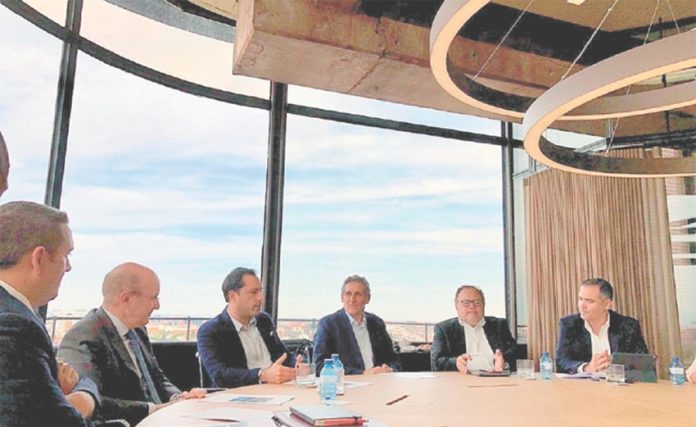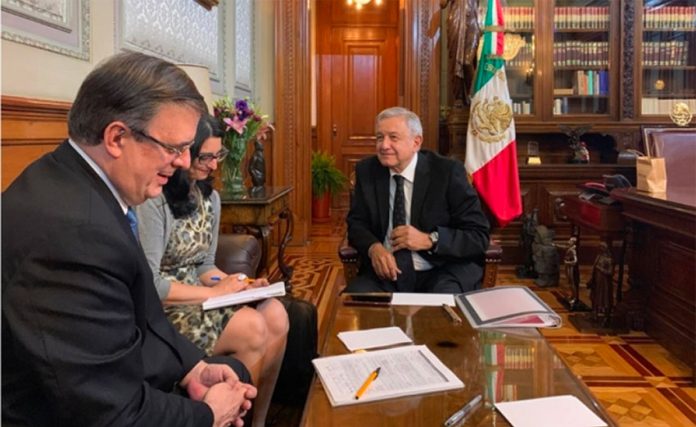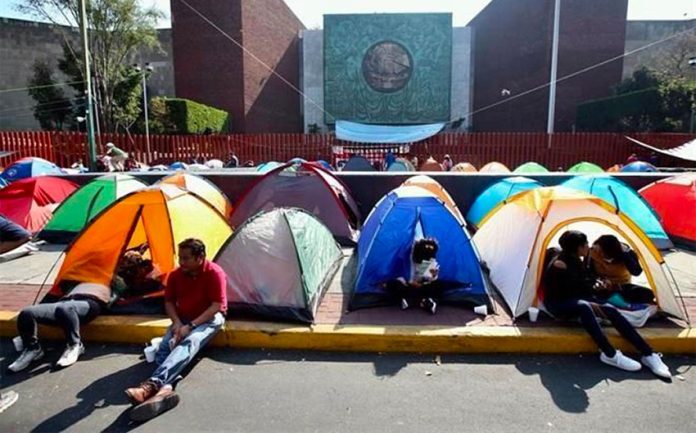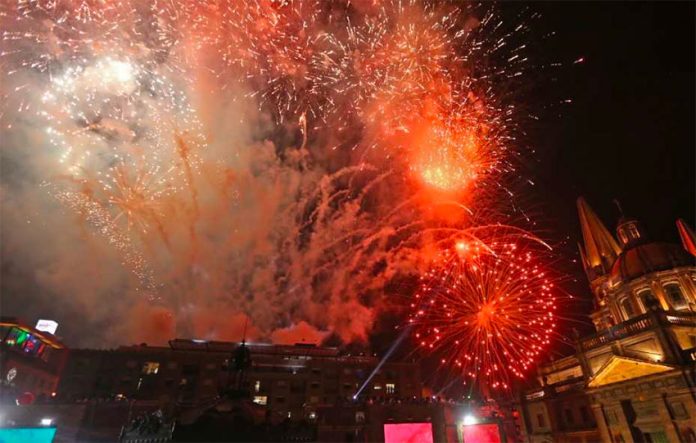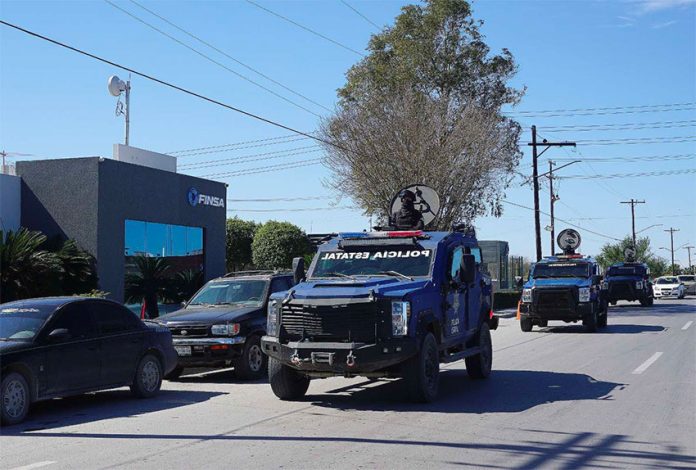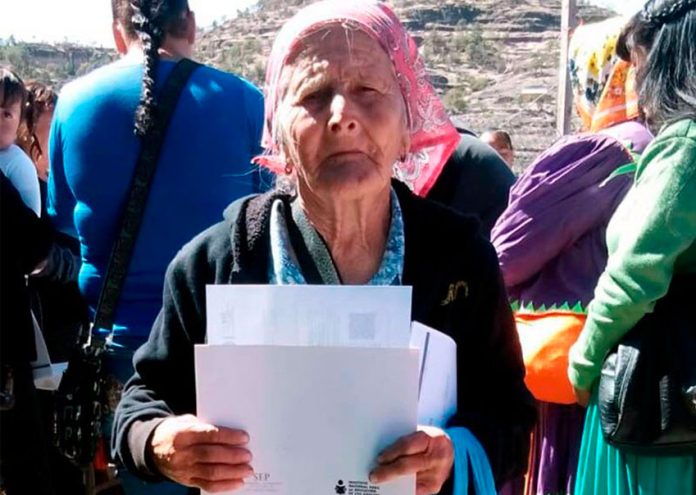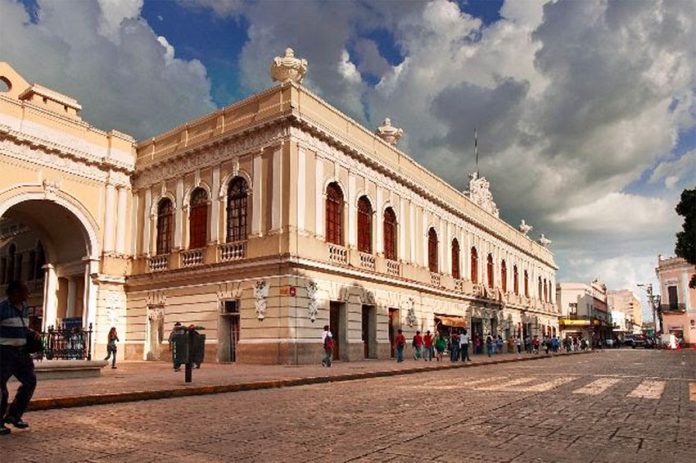I’m pretty spacey, a natural and consistent daydreamer. I’m also close to deaf in one ear, so in addition to the spacy-ness, I sometimes just don’t hear what’s going on around me. I certainly can’t detect where sound is coming from, so I have had to train my family to call out their exact locations in our multi-story house in order for me to find them.
Those who don’t know me might assume at first my Spanish isn’t that good and that I simply didn’t understand what was said. For those who do know me, all I can say is that I appreciate their infinite patience with my double-whammy distractedness.
Especially here in the cool, artsy, academic community in which I live, people are usually surprised to learn that I am not a pothead. While I’ve certainly got the look and sound of one, the truth is that I hate to smoke, and my one experience with delicious brownies left me saying: “Wow, that was awful. Never again!”
My only theory regarding my distaste for pot is that I live semi-permanently in that space to which marijuana is supposed to take you. I’m already floating around in my own head and marveling at the colors with a too-calm stupor and a weirdly serene smile on my face.
Marijuana is in a strange legal limbo in Mexico. While the courts ruled that a ban on it was unconstitutional, its regulation and commercialization has yet to be officially legislated. People can possess a certain amount and use it recreationally, but cannot buy or sell it legally. Obviously buying and selling is going on since it’s not very likely the pot smokers of Mexico all happen to be horticulturists.
Like any unregulated and illegal industry, it can be difficult to know what exactly you’re getting when you buy the product. There’s no list of ingredients; no customer service number to call if you think something’s not right. There’s no consume-by date, no origin or purity information, recommended uses or dosage on the package. Consumers can’t submit a claim to Profeco, Mexico s consumer protection agency, if they think they’ve been cheated.
As drugs go, it’s a pretty mild substance, even when compared to plenty of legal substances available. Marijuana is a sedative and an appetite stimulant, so if you have someone who’s high among you, take heed. If you love your Girl Scout cookie collection in the pantry, lock it up lest it be the first casualty!
As Televisa News put it, to paraphrase: It’s not a question of whether it’s going to happen. We’re simply waiting for the bureaucratic machinery to start churning.
That legislative activity needs to start pronto. While I have no issue with recreational marijuana use, I think our No. 1 priority needs to be for medical marijuana to become widely available as soon as possible. There are many people in pain who could benefit from it, and it’s in the public interest to have as many possibilities for relief of pain as possible.
Do we need more studies regarding its effectiveness? Certainly. Let’s take the lead! The U.S. government, despite widespread public support and various degrees of state-level legalization, won’t reclassify the drug to allow for serious studies. Let’s set an example by fast-tracking those studies using our own first-rate medical researchers here.
Cancer patients, patients with seizures, and patients with chronic pain from all manner of illnesses stand to benefit. If we legalize and regulate its medical use — at the very least — then we can prevent those patients from becoming addicted to much stronger and more harmful substances.
For me, this point is personal. When my mother, now deceased, visited Mexico shortly after the birth of my daughter, she fell and broke her shoulder, ultimately requiring surgery. By that time she was already long-addicted to narcotic pain medicine prescribed in the U.S for an illness. The supposedly strong pain-killers she was prescribed post-op might as well have been mints as far as she was concerned.
A doctor, in a low voice out of earshot of others, said that if we could get hold of some marijuana it would help with the pain and be much safer than the hydrocodone she already had in tow.
I often wonder — if she had access to medical-grade marijuana from the beginning of her chronic and terrible pain could she have avoided the serious side-effects of the stronger drugs and extended her life. Might she have been happier and more at peace while in the throes of her dementia, too? In the end, her illnesses killed her. But I am certain that the perfectly legal medications prescribed to provide relief wreaked havoc as much as help.
In Mexico we have the brain power, the will, and fewer puritanical hang-ups about pot to make sensible use of it. Obviously, plenty of our farmers have the needed experience with the plants to produce a quality medical-grade product.
The only thing at this point that’s missing is well-written legislation and, perhaps more challenging, the rule of law to back it up. I believe we’re well-poised for a transformation on multiple levels — including medical — and that the time is now to be bold and act.
This is the time to start dealing sensibly with the way we treat our patients’ pain. We can help lead the world in that direction. For my mom, it’s too late. But it’s not too late for others.
And for goodness’ sake, life is hard. Let people get high sometimes.
Sarah DeVries writes from her home in Xalapa, Veracruz.

